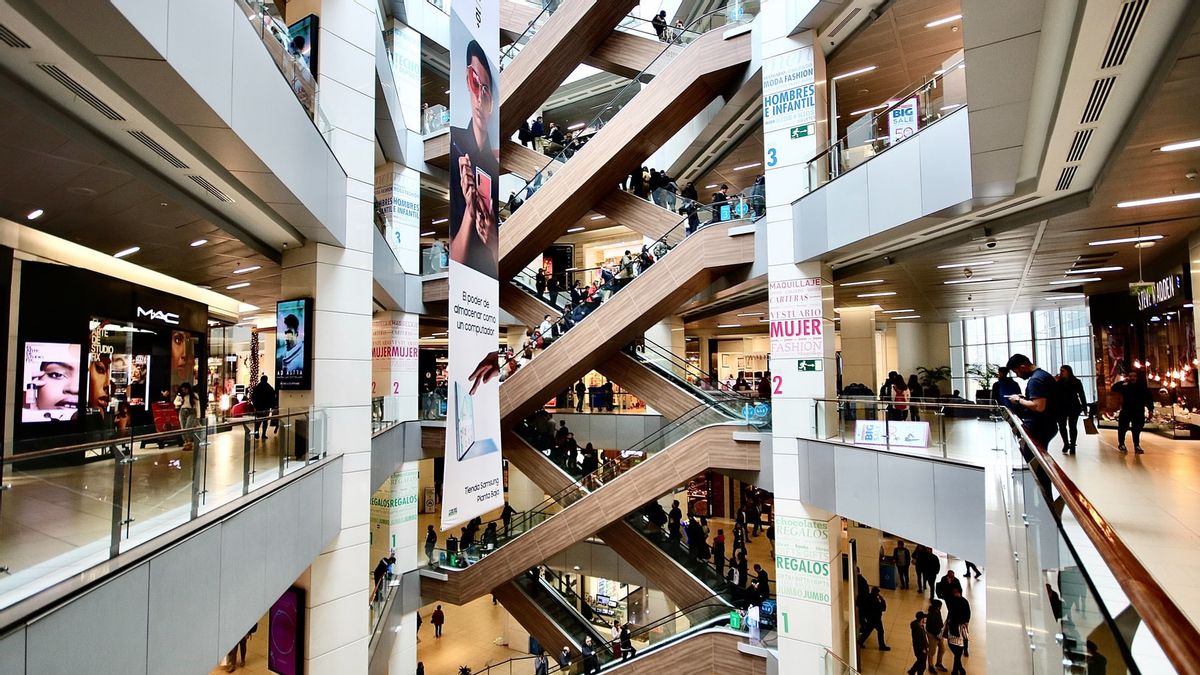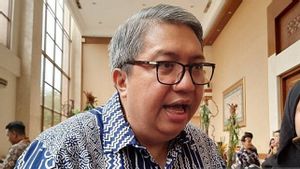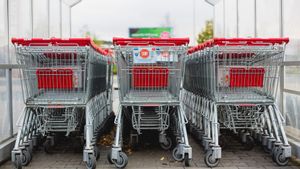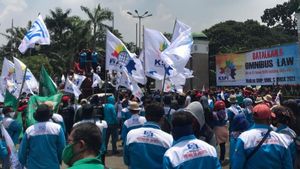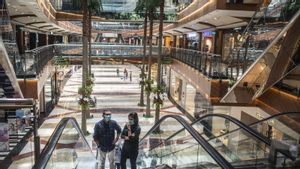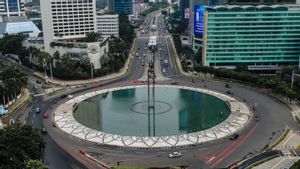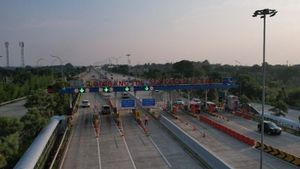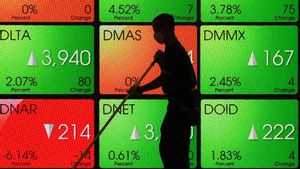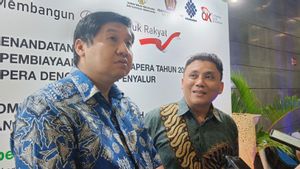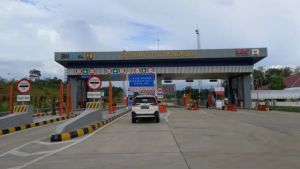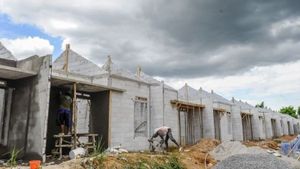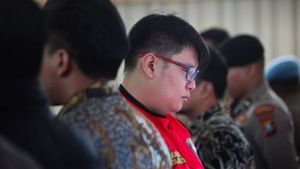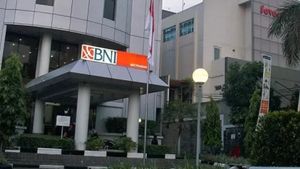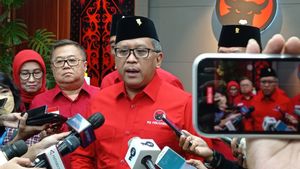JAKARTA - Chairperson of the DKI Jakarta Regional Representative Council of Indonesian Shopping Center Management Association, Ellen Hidayat, asked the government after the completion of the Java-Bali Emergency Restrictions on Community Activities (PPKM) policy, shopping centers in DKI Jakarta were allowed to reopen.
As is known, the government has officially imposed Emergency Restrictions on Community Activities (PPKM) from Saturday, July 3 to 20, 2021. With the enactment of this rule, no shopping centers or malls are allowed to open.
"What do shopping center managers expect with this Emergency PPKM and the COVID-19 pandemic? We hope that after July 20, 2021, the shopping center can operate again", she said in a written statement received by VOI, Friday, July, 2.
Furthermore, Ellen said, the APPBI local government hopes that there will be a reduction in the amount of land and building tax (PBB), eliminating the PB1 tax for restaurants, billboards, and parking taxes.
"To the Central Government, we hope that the final PPH of 10 percent of the rent borne by the shopping center can be eliminated, the reduction of PLN and GAS tariffs", she said.
Not only that said Ellen, but her party also asked the central government to provide subsidies for living expenses for employees who work in shopping centers.
In addition, Ellen said that with the Java-Bali Emergency PPKM, of course, the tenants and shopping centers must lay off their employees or reduce the workforce.
"This actually makes us very concerned about the situation that all people must be able to improve and maintain personal and family health. So they need income to survive", she said.
Furthermore, Ellen said that the mall is a labor-intensive industry, with many limitations for shopping centers, of course, the absorption of labor is also getting less and less.
Entrepreneur's Hope
Ellen hopes that the COVID-19 pandemic will pass quickly and the government can be more careful and on target to identify and handle the spread of COVID-19. So that the regulations issued will also be more targeted.
"That way the economy can also move back and workers can also get their jobs back", she said.
Since COVID-19 broke out in Indonesia, said Ellen, shopping centers have experienced various PSBB regulations as well as various PPKM and tightening, so the durability of shopping centers has also weakened greatly.
"The loss is already very large because the operational costs of a shopping center are quite large, in addition to shopping centers, they still have to provide discounts to tenants according to their abilities so that tenants can still survive and create jobs.
But sadly, outside the shopping center, there are still many community businesses that do not implement the procedures completely and correctly", she said.
SEE ALSO:
Previously, the Coordinating Minister for Maritime Affairs and Investment as well as the coordinator of the Java-Bali Emergency PPKM, Luhut Pandjaitan, said that with the implementation of the Emergency PPKM, automatically no shopping centers or malls could open.
"Activities in malls or shopping centers are temporarily closed, I repeat, temporarily closed. So no malls are open until 20 (July)", he said in a virtual press conference, Thursday, July 1.
Furthermore, Luhut said that with the implementation of the Emergency PPKM, it is hoped that the COVID-19 cases in the country will be reduced to below 100,000.
Then, for supermarkets, traditional markets, grocery stores, and supermarkets that sell daily necessities operating are limited to 20.00 local time with a capacity of 50 percent of visitors.
"Eating, drinking in public places such as food stalls, cafes, street stalls, both in separate locations, only accept take away and do not dine in", said Luhut.
Luhut also said that for the non-essential sector, 100 percent of work from home (WFH) is applied. Meanwhile, all teaching and learning activities are carried out online or online.
As for the essential sector, said Luhut, 50 percent of the maximum work from office (WFO) staff is applied.
Then, for critical sectors, the maximum of 100 percent of WFO staff is allowed with strict health protocols. Furthermore, what is meant by essential sectors include finance and banking; capital market; payment system; information and communication technology; non-COVID-19 quarantine handling hotels, as well as export-oriented industries.
Coverage of critical sectors is energy; health; security; logistics and transportation; food industry; drinks and their supports; petrochemicals; cement; national vital object; disaster management; national strategic projects; construction; basic utilities such as electricity and water; as well as the industry to fulfill the basic needs of the people of daily
The English, Chinese, Japanese, Arabic, and French versions are automatically generated by the AI. So there may still be inaccuracies in translating, please always see Indonesian as our main language. (system supported by DigitalSiber.id)
